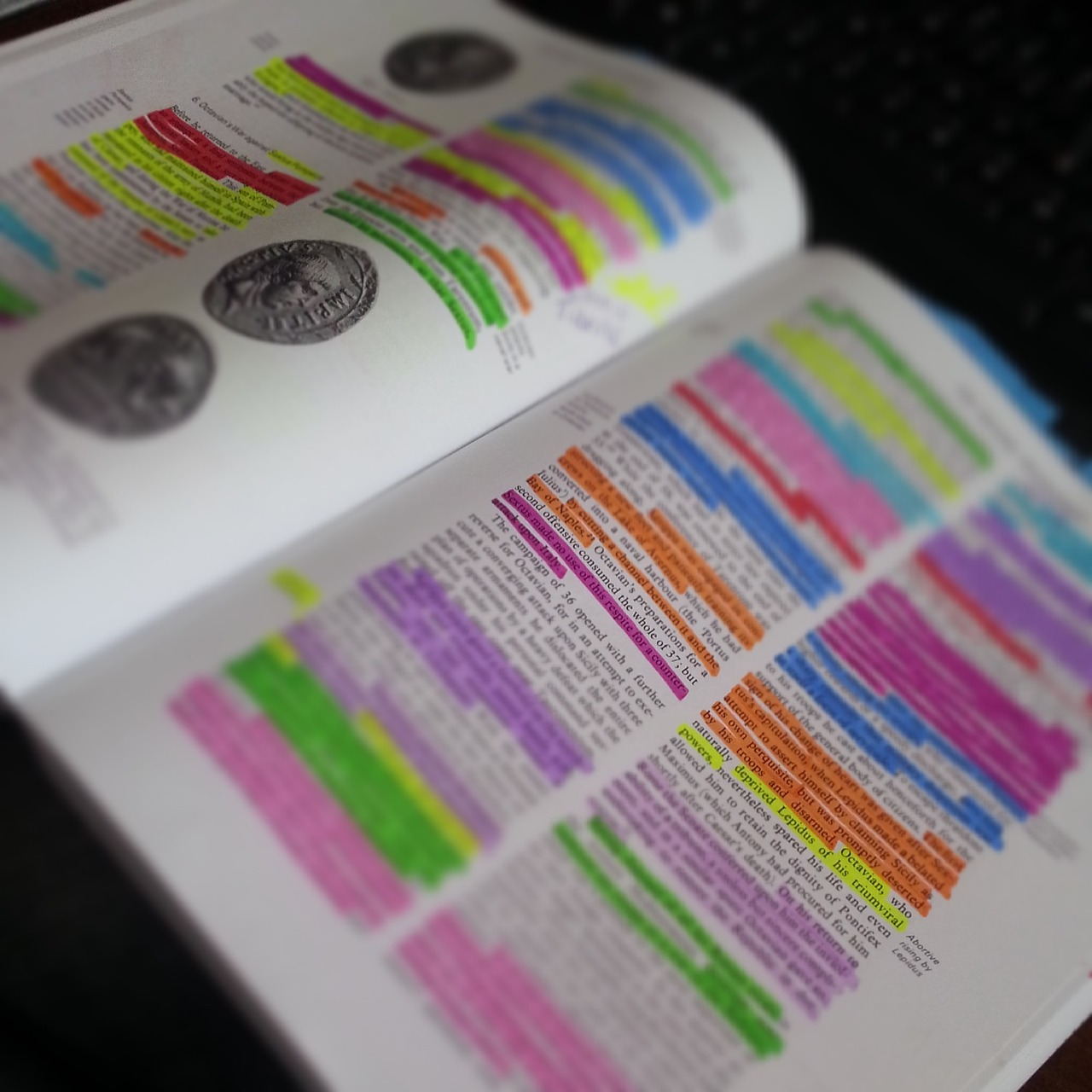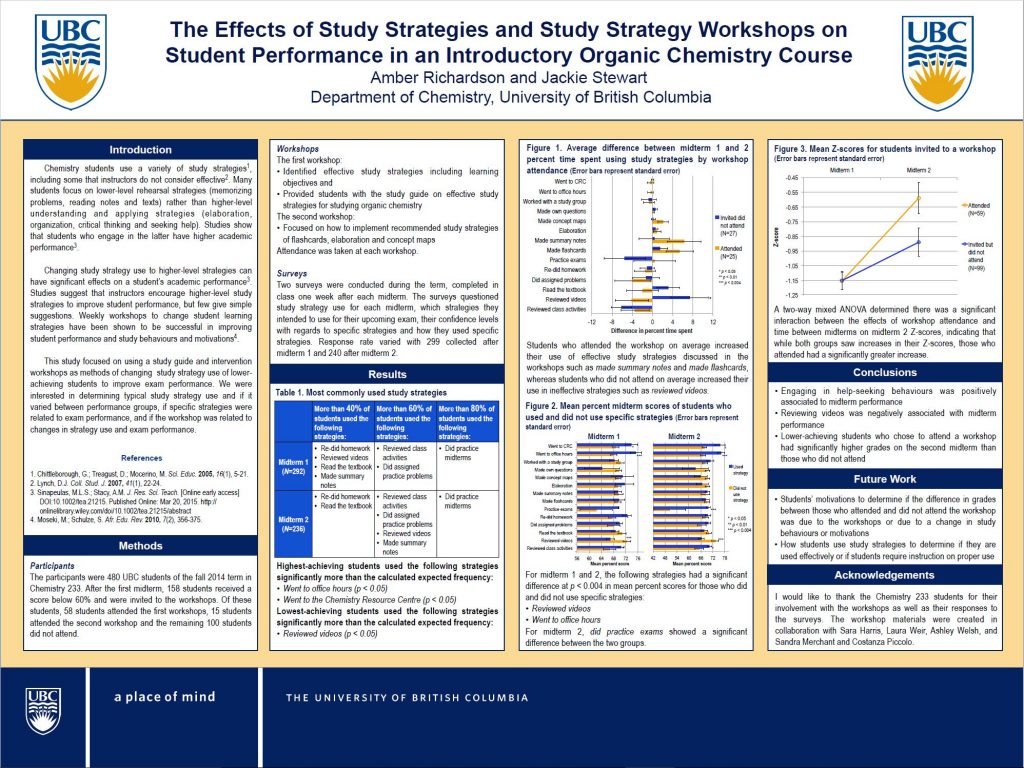Winter break – a time of friends, family, and festive cheer. If you aren’t a BEd student that is. I spent my break brainstorming, planning, worrying, fretting, writing, deleting, questioning and dreaming. It was game time to put plan as much as possible to be prepared for my upcoming practicum. Here is a summary of the thoughts I had with regard to planning and incorporating my inquiry into my unit and lessons.
 Planning is a lot harder than I expected:
Planning is a lot harder than I expected:
This isn’t because I didn’t know what to do with the content. I had too many ideas that I liked and didn’t have enough time to fit it all in! I had to weigh the pros and cons of each activity, and placed the ones that didn’t make the cut into the “To try at a later date” file.
Planning also takes a lot more time than I thought it would! Writing out exactly what we would be doing, the probing questions, guessing the timing, making the handouts and notes… I would spend many many hours on one lesson and only be partially satisfied. I still go back and change the lessons up. I hope that as I become more practiced and confident, my lesson plans will take less time to make.
Incorporating study strategies is also a lot harder than I expected:
I’ve been planning my first two weeks of the practicum, which is an introduction to science and safety unit. We cover safety, measurement, lab equipment, the scientific method and designing experiments. There isn’t a lot of room for study strategies to come into play in these first two weeks, other than having a class dedicated to study strategies and self-regulation skills. I didn’t want to do this as I think it would be too much of a lecture and students wouldn’t be interested. I wanted to incorporate these skills into the unit so they could practice the skills on content they would be tested on. The nature of the first unit doesn’t mesh well with the study strategies. A lot of the content is memorization and application, which doesn’t fit with the study strategies that I wanted to teach them.
Due to this clash, I have decided that since I have time, I will incorporate a study strategies class into my first two week unit. Students will spend time looking the study strategies they use, others that they don’t use, and how they could implement them into their routines. I plan on setting it up as a hook, lesson, then carousel activity where students can choose what they want to learn more about and improve on. The carousel will contain areas on specific study strategies, time management tips, test taking tips, how to handle test anxiety, etc. This allows the students to focus on what is important to them. Students will then write a reflective journal entry on why they chose those categories, what they learned, and how they plan on implementing them. This gives students more autonomy over their learning and skills, and helps them evaluate points of weakness and seek help.
I still plan on incorporating study skills into activities and assignments, but those will happen in later units that I’m only beginning to plan now. I intend on using the journals frequently to check in on student understanding. I also plan on using flash cards for vocabulary, summarizing sections at the end of notes for students to write the key points, and concept maps that students can build on throughout the unit.
There just isn’t enough time:
I had this amazing idea that I could plan half of my practicum prior to it even starting, but I’m realizing now that it just isn’t possible. To do it right, I need to slow down and spend my time focusing on a few days at a time, rather than a whole unit. My plans thus far are very thorough, but they don’t extend further than two weeks into the practicum. I don’t think I’ll make it further than this as my plans are a constant state of flux. I can’t keep one day to stay the same, I’m always finding ways of improving it. I’m proud of my desire to have the perfect lesson, but what is perfect on paper might not be in practice. I am eager to see what happens when I teach these lessons to my students.



